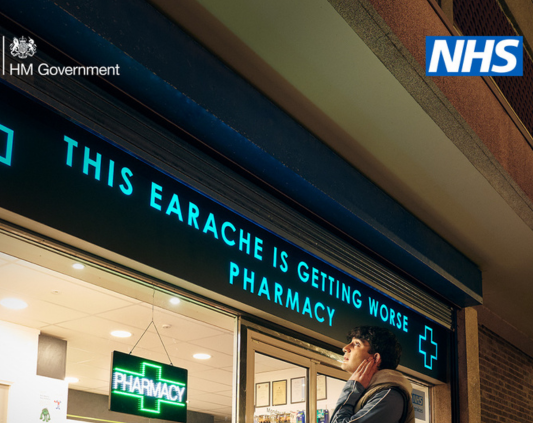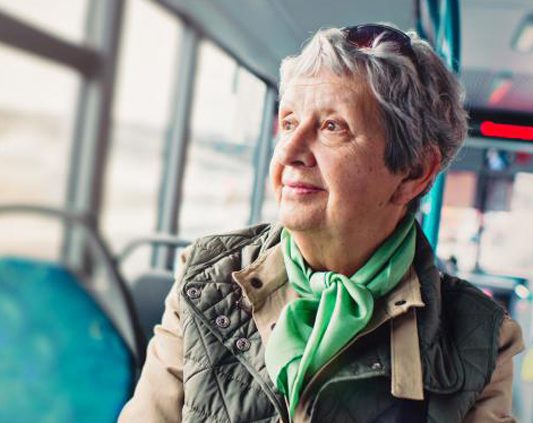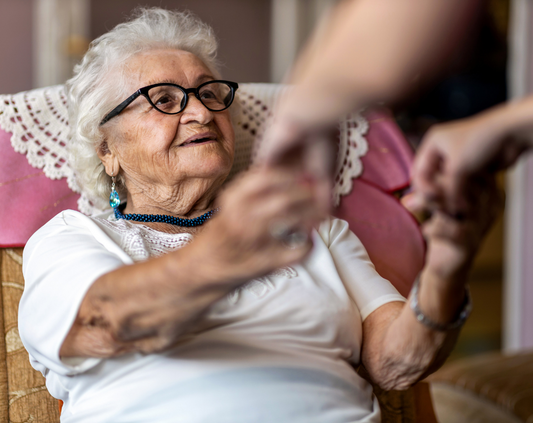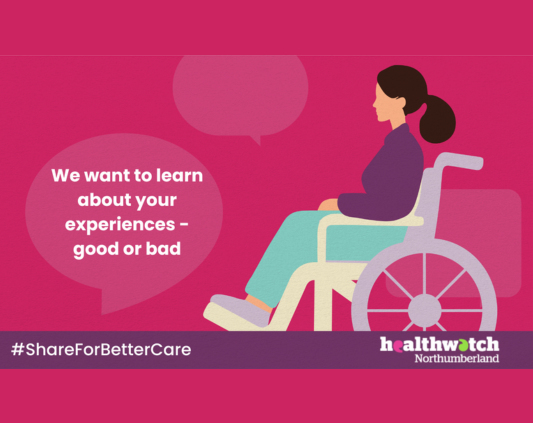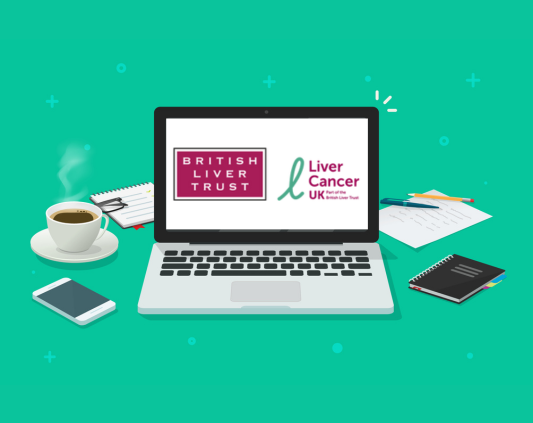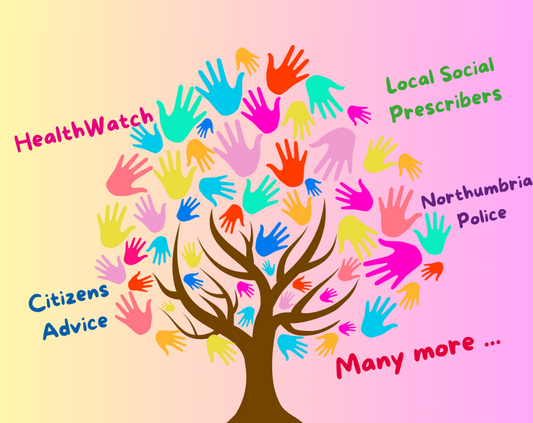Online event – Sorted
Online event – Sorted
Join us on Friday 10 May, 1pm-2pm, to hear from Helena Swarbrook from Sorted (Northumberland’s Substance Misuse Service for young people).
Helena will talk to us about substance misuse, general substance awareness, harm reduction and the first steps in making changes. She will also outline the information, advice and support provided by Sorted across Northumberland for under 18s.
There will be a chance to ask questions after the presentation.
This session is suitable for anyone concerned about their own or a loved one’s drugs misuse or professionals supporting people where drugs may be a concern.
Register now and we will send you a link to join closer to the event.
Sign up to our newsletter to hear about future events.




